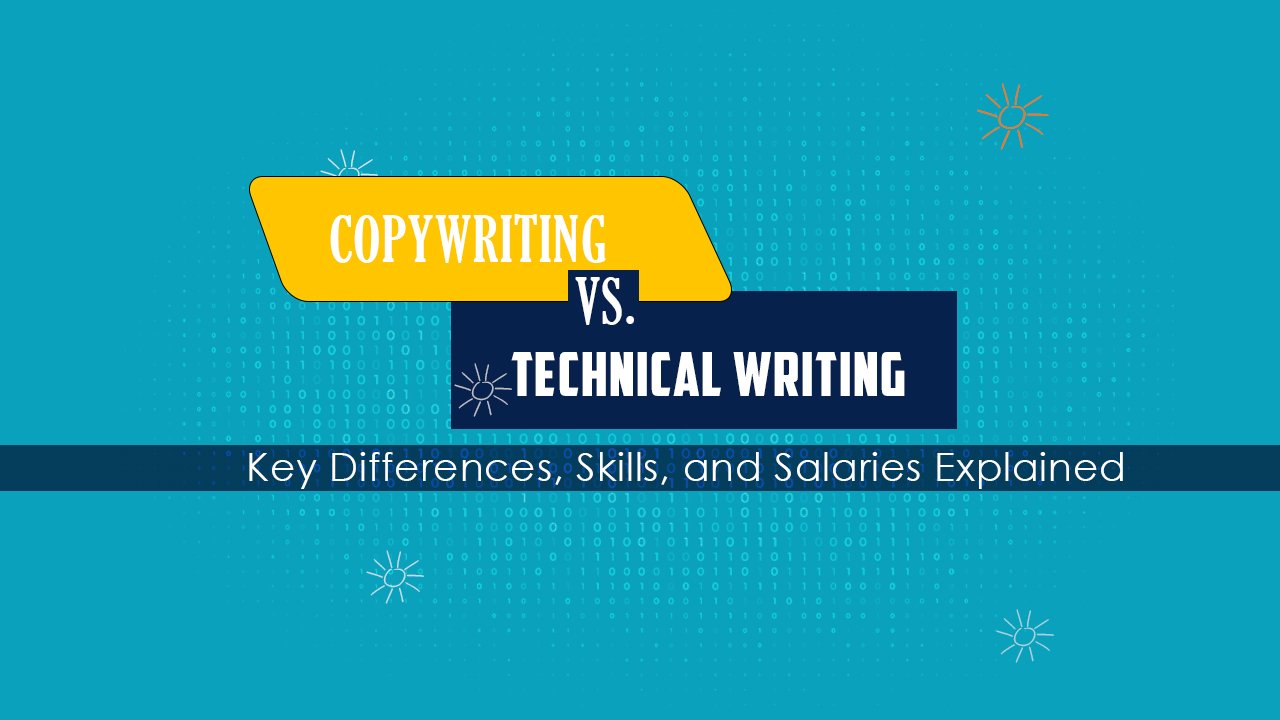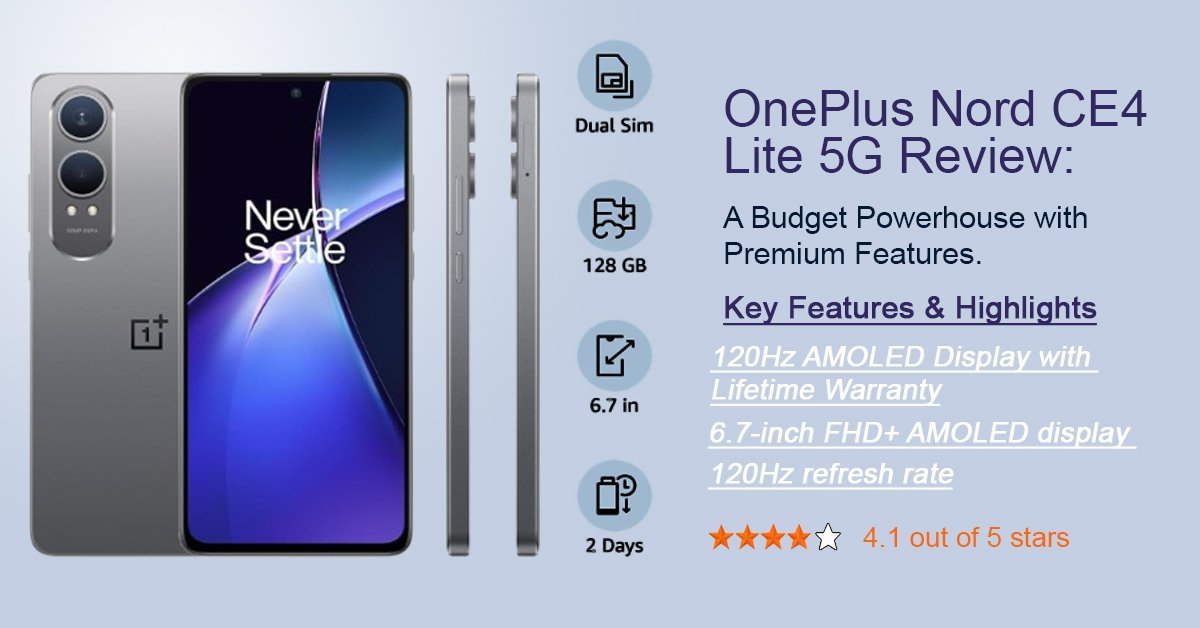- 1 Copywriting vs. Technical Writing: Which Writing Career is Right for You?
- 2 Understanding the Fundamentals
- 3 Purpose and Goals of Copywriting
- 4 Common Formats and Examples
- 5 What’s technical writing?
- 6 Main Differences Between Copywriting and Technical Writing
- 7 Skills Required for Success
- 8 Technical Writing Skills
- 9 Choosing the Right Career Path
- 10 Evaluating Your Path Forward
- 11 Which Path Should You Choose?
- 12 Conclusion:
- 13 For further exploration, check out resources like:
Copywriting vs. Technical Writing: Which Writing Career is Right for You?
Technical writing and copywriting are two specialties in the professional writing industry that stand out for their distinctive contributions. Although they both entail creating written content, their functions and skill requirements are very different. Knowing the distinctions between copywriting and technical writing is crucial, whether you’re looking at employment prospects or attempting to choose which kind of writer to hire. To assist you in making an informed choice, we will examine the essentials, necessary competencies, career pathways, and significant distinctions in detail in this blog article.
Understanding the Fundamentals
What’s Copywriting?
Definition of Copywriting.
The art of writing persuasive material that motivates action is known as copywriting. Copywriting seeks to sway the reader’s actions, whether they are making a purchase, registering for a service, or interacting with a business.
Purpose and Goals of Copywriting
The main objectives of copywriting are to engage, inform, and persuade. Creating communications that connect with the target audience and encourage conversions is the key. A HubSpot study found that intriguing copy can boost conversion rates by as much as 30%.
Common Formats and Examples
Print, digital, and social media advertisements
- Advertisements (print, digital, and social media)
- Landing pages
- Email campaigns
- Product descriptions
- Social media posts
Nike’s famous tagline, “Just Do It,” for instance, is a masterwork of copywriting that motivates consumers to take action and show brand devotion.
What’s technical writing?
Definition of Technical Writing
The art of clearly, succinctly, and systematically conveying difficult information is known as technical writing. Its main goals are to inform the reader and offer practical guidance.
Purpose and Goals of Technical Writing
Technical writing aims to enlighten, educate, and clarify. It involves making specialized or technical knowledge understandable to a certain group of people, including developers, engineers, or end users.
Common Formats and Examples
- User manuals
- Technical reports
- API documentation
- White papers
- Standard operating procedures (SOPs)
A smartphone’s user manual, which walks users through setup, functionality, and troubleshooting, is a prime example of technical writing.
Main Differences Between Copywriting and Technical Writing
| Aspect | Copywriting | Technical Writing |
| Language | Persuasive, emotional, and engaging | Informative, clear, and precise |
| Target Audience | Consumers, businesses, or general public | Specialized audiences (e.g., engineers) |
| Tone and Style | Conversational and creative | Formal and structured |
| Content Types | Ads, blogs, social media posts | Manuals, reports, documentation |
Skills Required for Success
Copywriting Skills
To excel in copywriting, you need:
- A solid grasp of marketing concepts: being able to appeal to the wants and feelings of your audience.
- Capacity for creative thought and storytelling: Developing captivating and convincing narratives.
- Expertise in digital marketing and SEO strategies: enhancing content for search engines to increase traffic.
- The capacity to craft persuasive calls to action (CTAs), which persuade readers to perform the requested action
A study by SEMrush indicates that 61% of marketers rank increasing their organic presence and SEO as their top inbound marketing priorities, underscoring the significance of SEO expertise in copywriting.
Technical Writing Skills
Technical writing demands:
Technical subject matter mastery: being able to clearly express complicated ideas.
The capacity to make complex material understandable to audiences who are not experts by deconstructing jargon.
Effective use of technical tools and software, such as Adobe FrameMaker, Markdown, and MadCap Flare.
Excellent grammar and attention to detail: making sure that every paper is accurate and understandable.
The significance of technical skill is highlighted by the fact that 85% of technical writers utilize specialized software to develop and manage documentation, according to a survey conducted by the Society for Technical Communication (STC).

Choosing the Right Career Path
Copywriting as a Career Path
- Common job titles include marketing writer, content writer, and copywriter.
- Possibilities include internal or freelance roles.
- Industries: media, e-commerce, advertising, and more.
Technical Writing as a Career Path
- Common job titles include information developer, documentation specialist, and technical writer.
- Possibilities include internal or freelance roles.
- Industries: engineering, manufacturing, healthcare, and technology.
Evaluating Your Path Forward
Key Differences in Career Development
Career progression: Technical writers can become senior technical writers or documentation managers, whereas copywriters can become creative directors or content strategists.
Potential income: The U.S. Bureau of Labor Statistics reports that technical writers make an average of 78,060∗∗ a year, while copywriters make an average of ∗∗53,710 annually.
Networking and growth: Technical writers make connections with experts in tech and engineering domains, while copywriters frequently network in creative and marketing circles.
Which Path Should You Choose?
1. Think About What You Enjoy Writing
Do you enjoy expressing yourself creatively and emotionally? You might be a good copywriter.
Do you favor problem-solving and logical clarity? Think about technical writing.
2. Assess Your Comfort With Deadlines and Project-Based Work
Fast-paced campaigns and strict deadlines are common in copywriting.
Although technical writing assignments may take longer to complete, they demand exacting attention to detail.
3. Evaluate Your Income Priorities
While copywriting can be profitable with experience and expertise, technical writing often gives better starting salaries.
4. Consider Your Preference for Creative Freedom vs. Structure
More creative freedom is possible with copywriting.
Technical writing adheres to predetermined formats and standards.
5. Try Out Both
Gain experience through internships, freelance projects, or short courses to see which field aligns with your strengths and interests.
Conclusion:
Although they appeal to distinct skill sets and interests, technical writing and copywriting can provide fulfilling job prospects. Technical writing is best suited for people who are excellent at precision and clarity, whereas copywriting is best for people who enjoy creativity and persuasion.
Think about your long-term objectives, preferences, and strengths as you contemplate your career route. In today’s information-driven society, both the creation of user-friendly instructions and engaging advertisements are vital.
For further exploration, check out resources like:
- Books: Kieran Morgan’s “Technical Writing Process” and Robert Bly’s “The Copywriter’s Handbook.”
- Online courses include LinkedIn Learning for technical writing and HubSpot Academy for copywriting.
- Professional associations include the Society for Technical Communication (STC) for technical writers and American Writers & Artists Inc. (AWAI) for copywriters.
You can choose wisely and start a rewarding writing career by being aware of the differences between technical and copywriting.







